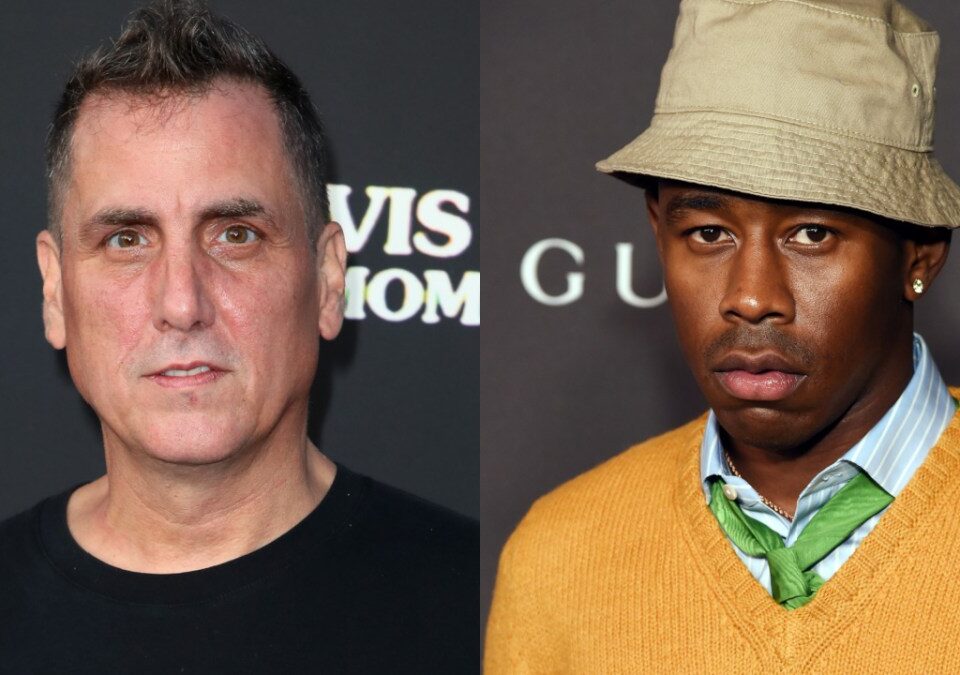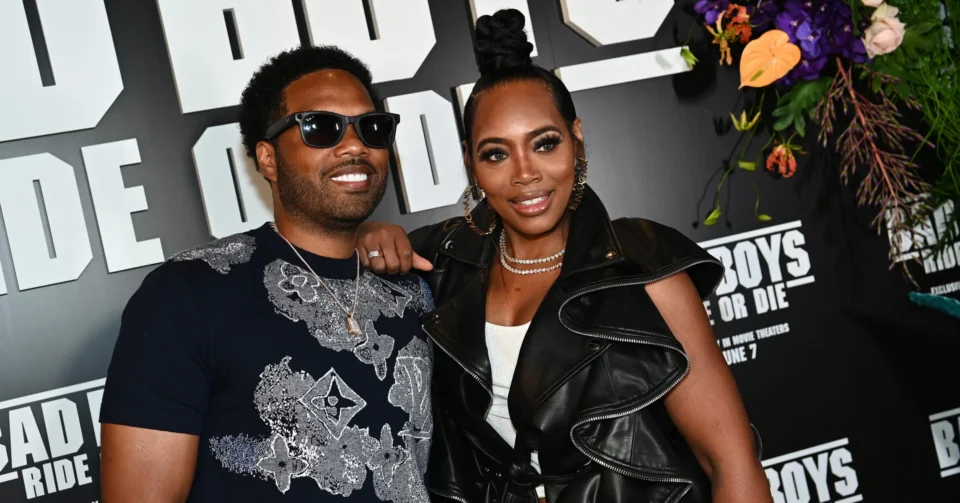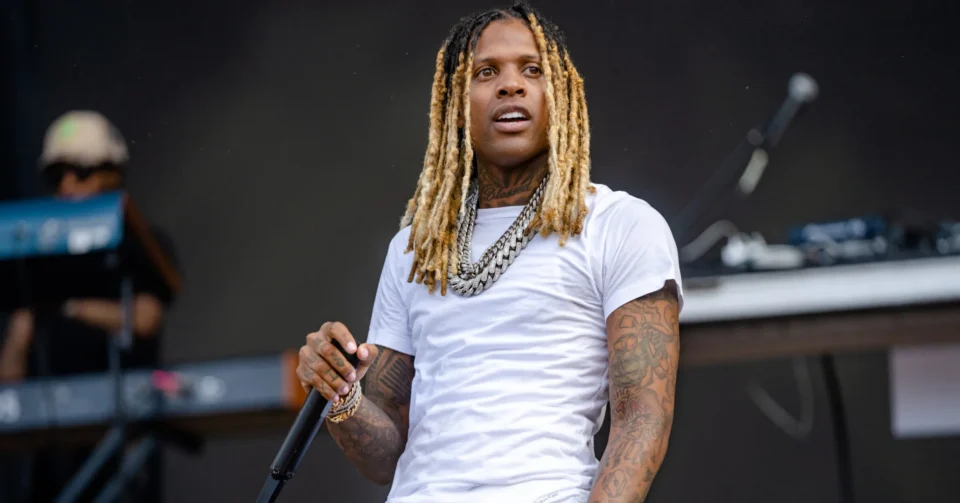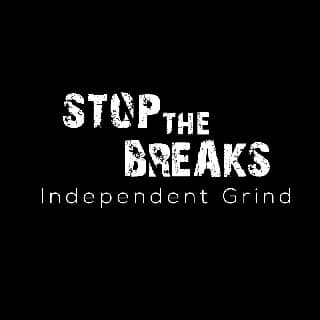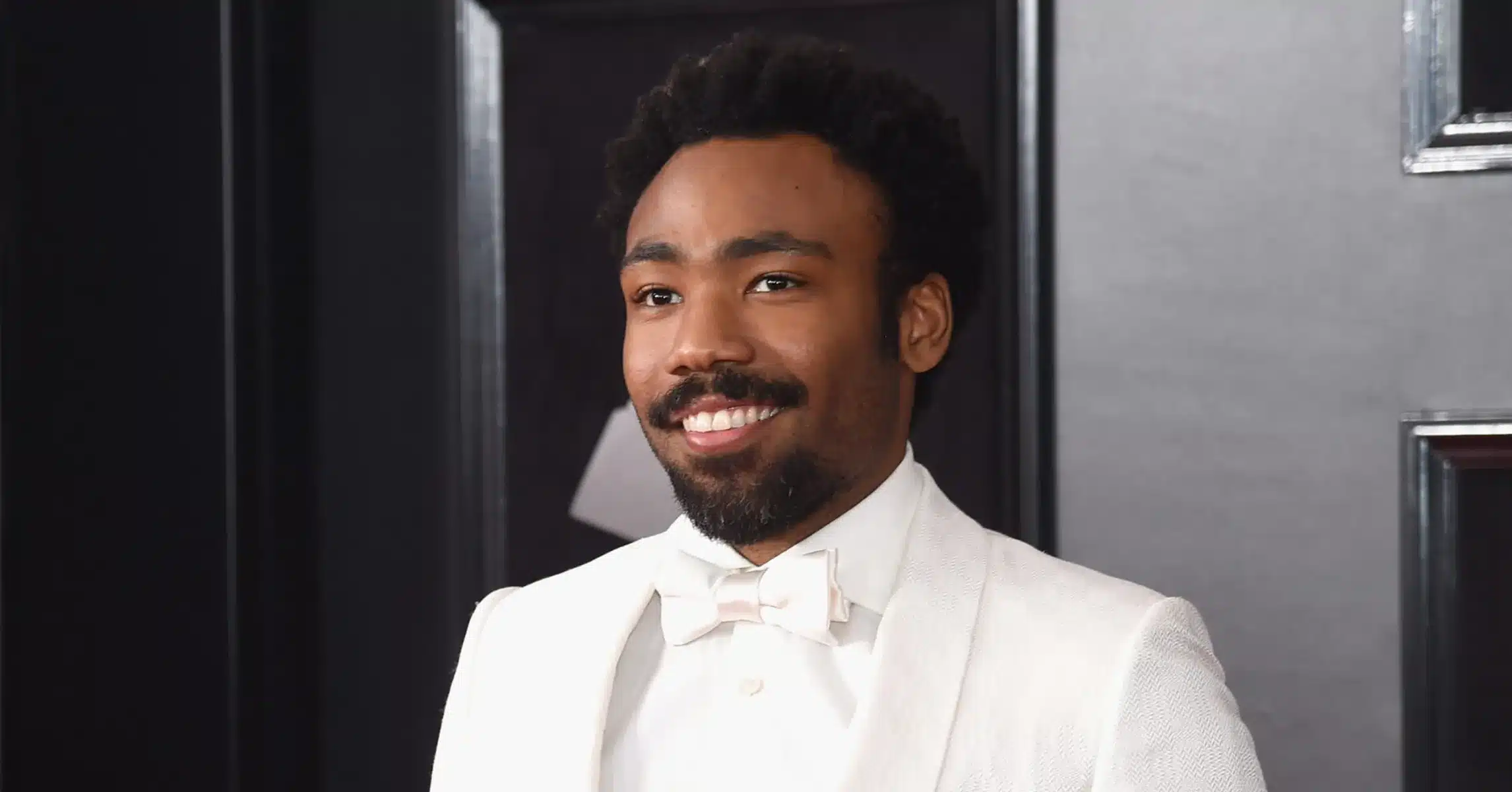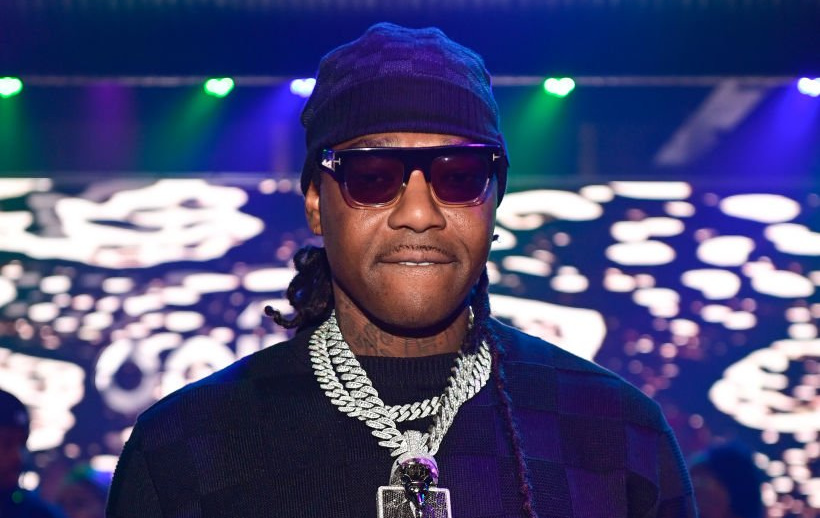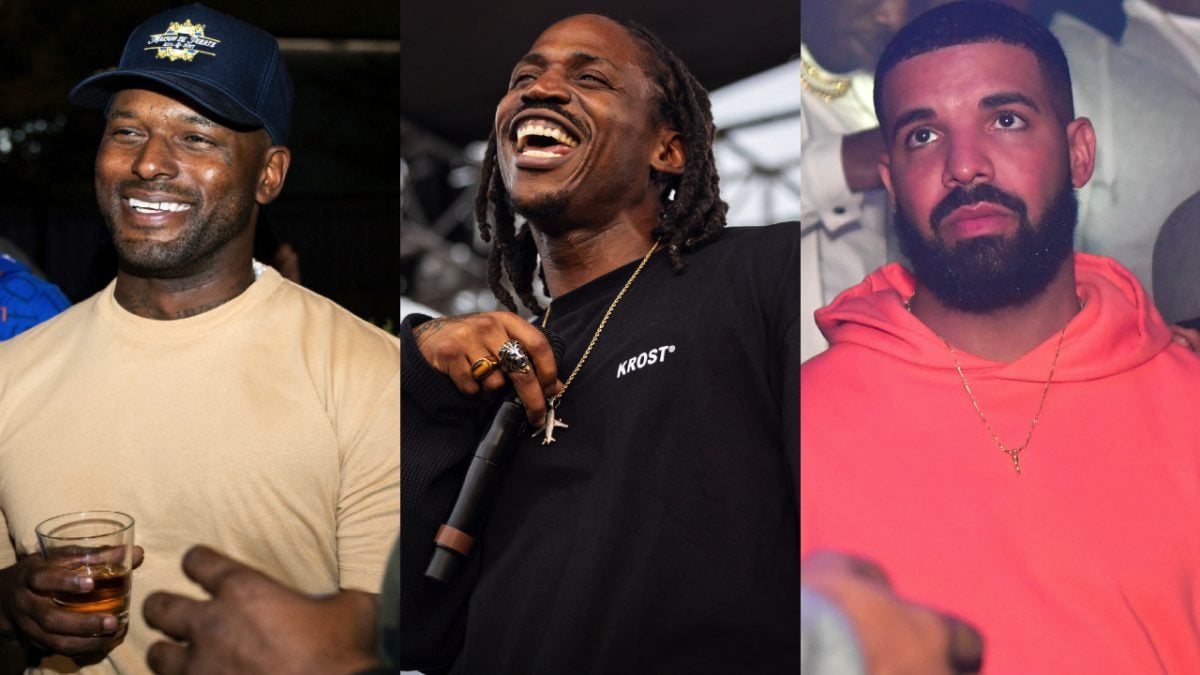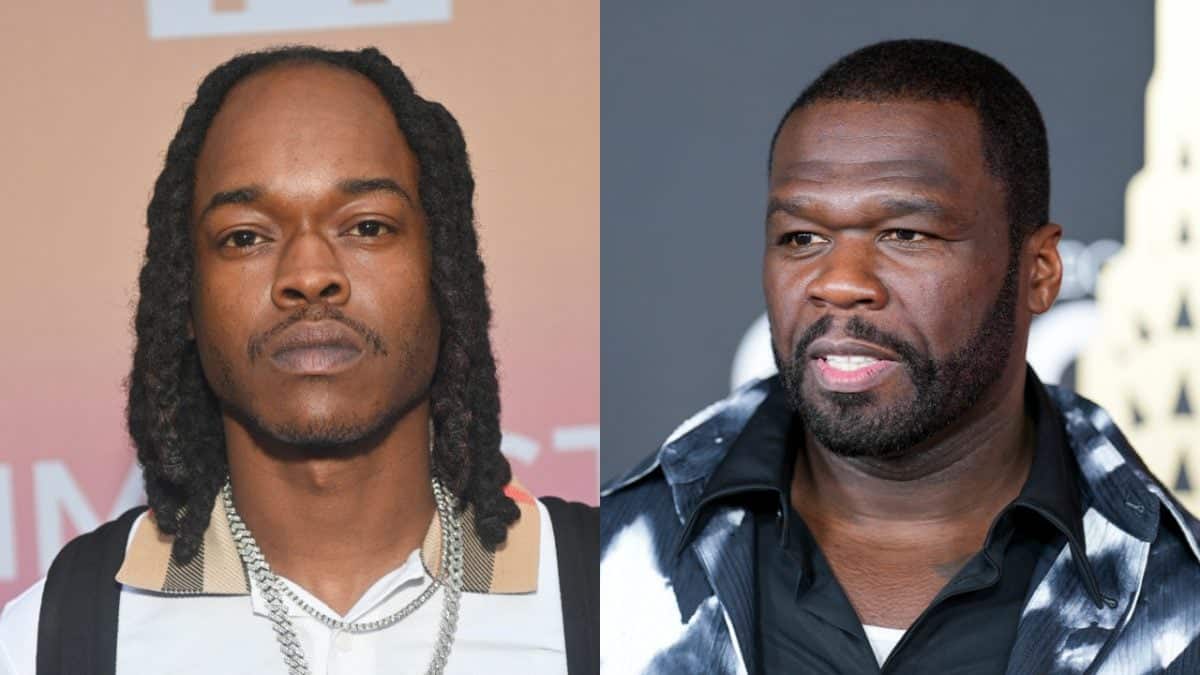In the ever-vibrant world of hip hop, Tyler, The Creator has stirred the pot with a lyric on his new album, Chromakopia. Rumors flew and debates raged as Mike Dean, a notable producer, called it ‘racist.’ What followed was a whirlwind of opinions and interpretations, showcasing how words can ignite firestorms.
The line in question seemed to target white rappers and has been interpreted in various ways, highlighting the thin line between criticism and satire. Dean’s subsequent online antics added layers, turning a heated moment into a meme-fueled frenzy. But what’s the real story behind these lyrics? Let’s dive in.
The Controversial Lyric
Mike Dean, a respected figure in the music industry, recently sparked debate over a line from Tyler, The Creator’s album Chromakopia. The lyric “White boys mocking this shit and y’all mad at me? Y’all can suck my dick” caused a stir. Dean labeled it as “racist,” igniting heated discussions among fans and critics alike. However, his later actions suggested it might have been a joke.
Dean’s Reaction and Clarification
When Dean commented “Racist shit” on Instagram, it seemed like a serious accusation. But soon, he posted the trollface meme on X, hinting it was more of a humorous jab than a harsh critique. This twist has left many wondering about his true feelings regarding Tyler’s lyrics. Dean expressed an interest in working with Tyler, showing there’s no real beef from his side.
Tyler’s Perspective on White Rappers
Tyler, The Creator has been vocal about his views on cultural appropriation in rap music. In a conversation with Maverick Carter, he explained his unease with white artists who, in his opinion, “mock” the authentic style of famous rappers like Future and Gucci Mane. Tyler holds rap deeply dear and feels its essence is threatened by such imitations. To him, it’s more than just music; it’s life-changing.
Cultural Appropriation Debate
The debate over cultural appropriation in the music industry isn’t new. While some see mimicry as a form of flattery, others view it as exploitation. Tyler’s comments aligned with the latter, seeing certain acts as insincere. This has brought up broader discussions about who gets to partake in certain cultural expressions and how.
Industry Responses and Assumptions
ian hasn’t publicly commented on these interpretations. Meanwhile, the conversations around these topics continue, highlighting the complexities involved. As listeners and creators weigh in, it remains a sensitive issue with no easy answers.
The Role of Social Media
The quickness of these exchanges on social media can escalate tensions or squabbles. As seen with Dean and Tyler, what begins as a simple comment can snowball, engaging wide audiences and sparking new debates.
Potential for Future Collaborations
Tyler’s bold expressions and Dean’s production skills might create a powerful synergy. Their union could bring something fresh and innovative to the industry. Such collaborations often overcome past controversies.
The Bigger Picture of Artistic Integrity
The debate encourages artists and audiences to consider the implications of their words and actions. Discussions like these influence how future content is created and consumed.
What Lies Ahead
Audiences eagerly await more music and commentary from both creators. Their next moves could further impact the cultural landscape in significant ways.
Conclusion and Reflection
Both Mike Dean and Tyler, The Creator remain influential figures whose interactions draw attention. Their exchange over a single lyric has opened conversations about race, artistry, and respect in hip hop. This situation highlights ongoing tensions and the opportunity for growth and understanding in the industry.
The clash between Mike Dean and Tyler, The Creator over a single lyric demonstrates the power of words in hip hop. Ultimately, conversations like these push the genre forward, challenging artists and listeners alike.
As we unpack these issues, there’s hope for understanding and innovation in music. After all, conflict can breed creativity and inspire change.
